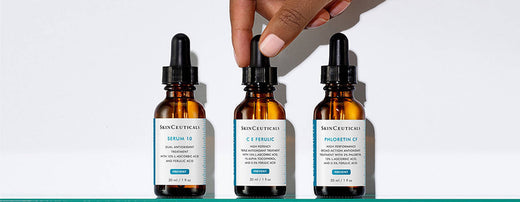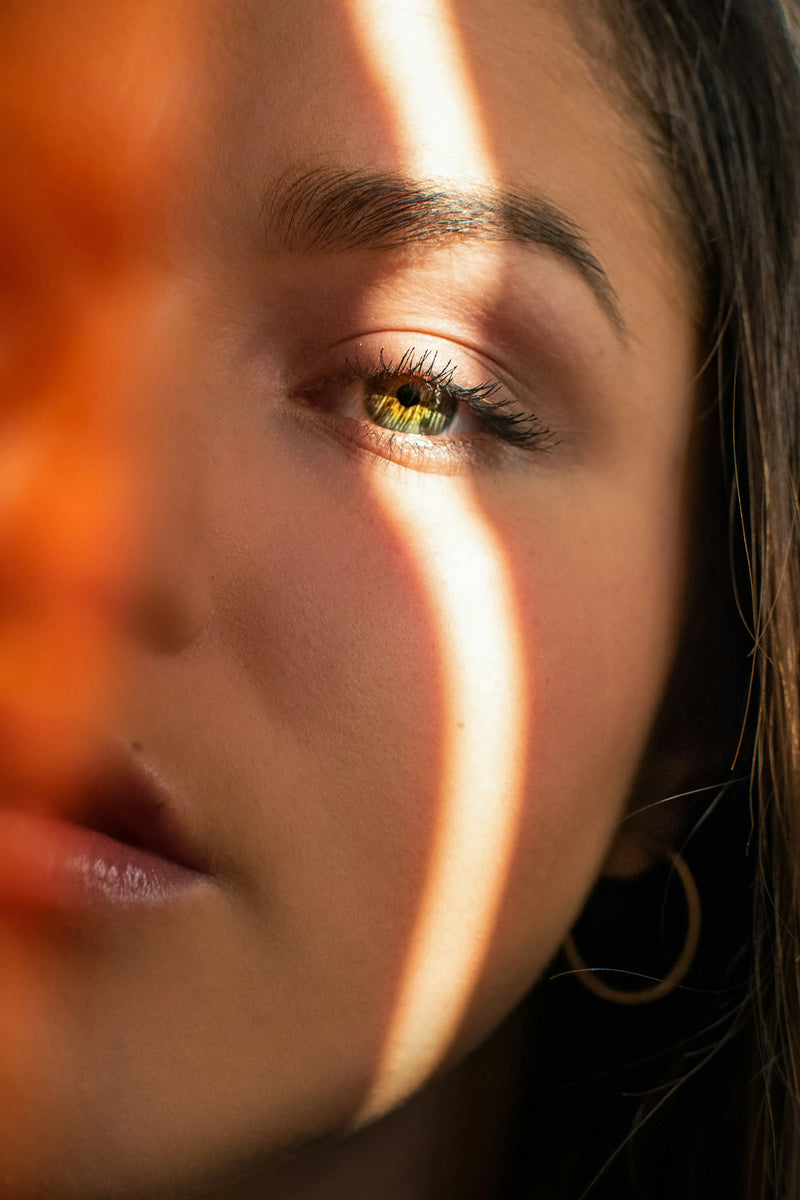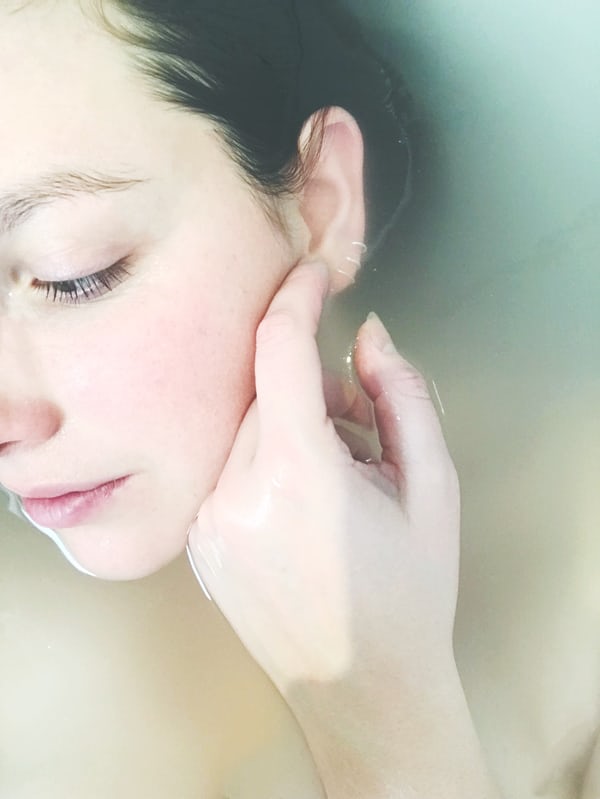
Latest News – January 08, 2025
Skincare Products You need for glowing skin.
In every skincare regime I advise, the three non-negotiable products: Vitamin C for brightening; an SPF for protection for the morning and retinol for resurfacing at night. Retinol, derived from Vitamin A, increases cell turn over, bringing bright healthy new skin cells to the surface and removing dull skin. It’s been clinically proven on an impressive level to be widely effective on the face in terms of plumping skin smoothing fine lines and reducing pigmentation so if your skin can handle it, it’s a total game changer. However, I advise starting with the lowest dose possible and building it up over time. Retinol should be applied sparingly in the evening only to limit sensitivity and photosensitivity, and only used once or twice a week to begin with- allowing your skin time to adjust. Dot a pea-sized amount onto your finger and gently massage it into clean, dry skin. Take care not to apply too much product while also avoiding the delicate eye area as both can cause irritation. Do not apply alongside Vitamin-C products (typically applied in the morning) and do ensure to apply a broad spectrum sunscreen daily whilst using retinol.
























